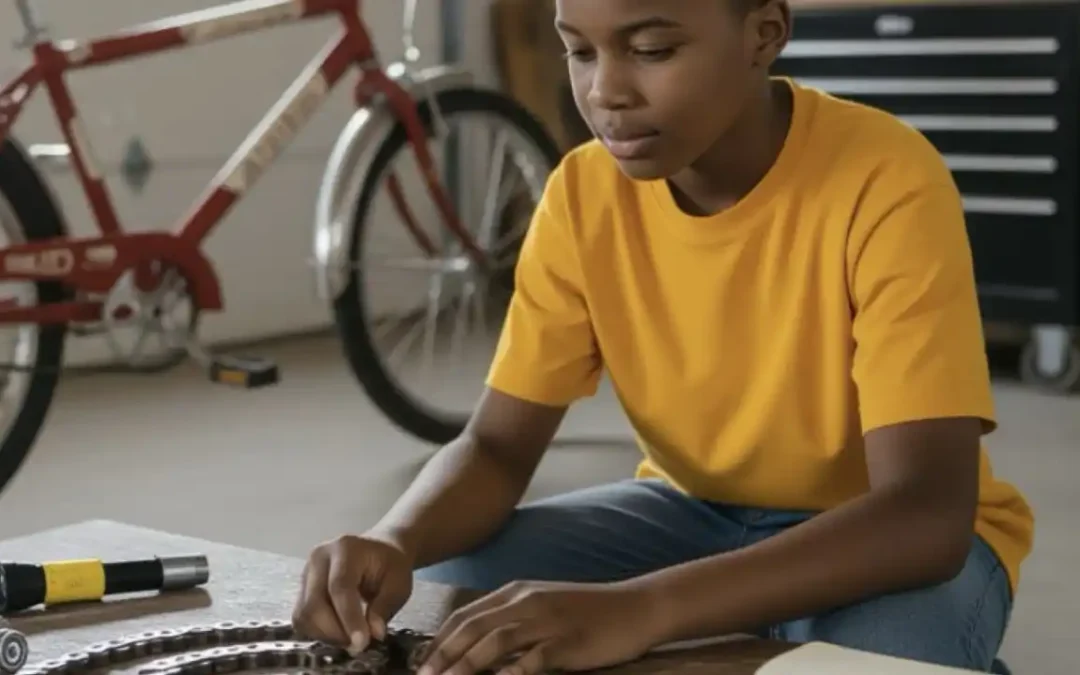
Facing the Unknown: Protect Their Wonder
I
t only takes a mocking laugh to shut down a moment of wonder. A child might ask why grass grows or how flowers bloom—and then hesitate if someone rolls their eyes. That’s where your voice matters most. Try, “That’s a really good question—I’m glad you asked that,” and say it where others can hear. Share their curiosity with friends or family. When you show interest in what caught their attention—whether it’s a plant or a phone—you’re making it clear: curiosity deserves protection. They learn that wonder isn’t something to hide—it’s something to stand up for.
One evening, my daughter spotted a firefly blinking in the backyard. I crouched beside her and said, “That’s magic, isn’t it?” She nodded, eyes wide. Later, I told her aunt about it—and her face lit up all over again. “You always notice the good stuff,” I said. That moment became a turning point. She started asking more: about fireflies, phones, leaves, light. Nights became explorations, where no question felt too small or strange. Every why we lifted up added to her confidence. Wonder, she began to see, was something worth standing up for.
Help that confidence grow by turning wonder into a shared ritual. When your child notices something new, invite them to bring it into a conversation—around the table, in a voice message to a grandparent, or during a bedtime chat. Encourage them to share the same question more than once: first with you, then with someone else. That simple act teaches them the world doesn’t just tolerate their curiosity—it can welcome it.
Facing the Unknown

Facing the Unknown: Tie Whys to Places
Connect children’s big questions to real environments—museums, parks, cities. Learning becomes vivid when curiosity meets the world.

Facing the Unknown: Nurture Their Nerve
Confidence grows when children attempt difficult things. Encourage small risks that build mental strength and bold self-expression.

Facing the Unknown: Soften Their Fears
Help children face fears gently and bravely. Emotional safety fosters resilience, self-trust, and steady courage.
Table of contents

Primordial Soup for the Mind: Navigation
Navigate the book Primordial Soup for the Mind.
TIPS
- Share whys to spark joy.
- Protect wonder to fuel curiosity.
- Track whys to deepen their gaze.
ACTIVITIES
- Toy Shield: Share a toy why with family at home, protect their spark—10–15 min
- Tech Guard: Defend a teen’s big why at home, invite their idea—10–15 min
- Wonder Circle: Share a favorite why with two people in your circle—track how each reacts (10–15 min)
TOOLS
Wonder Journal, Wonder Chart

Download “Primordial Soup for the Mind: A Parent’s Guide to Nurturing Intellectual Growth”
Enter your information to get this article and hundreds more as part of the FREE book Primordial Soup for the Mind.
Share your thoughts with the Thought Academy community in the Comments section below.

Sharpen those skills!
Enter your information to get our FREE practice exercises so you can hone your critical thinking and reasoning skills!







0 Comments